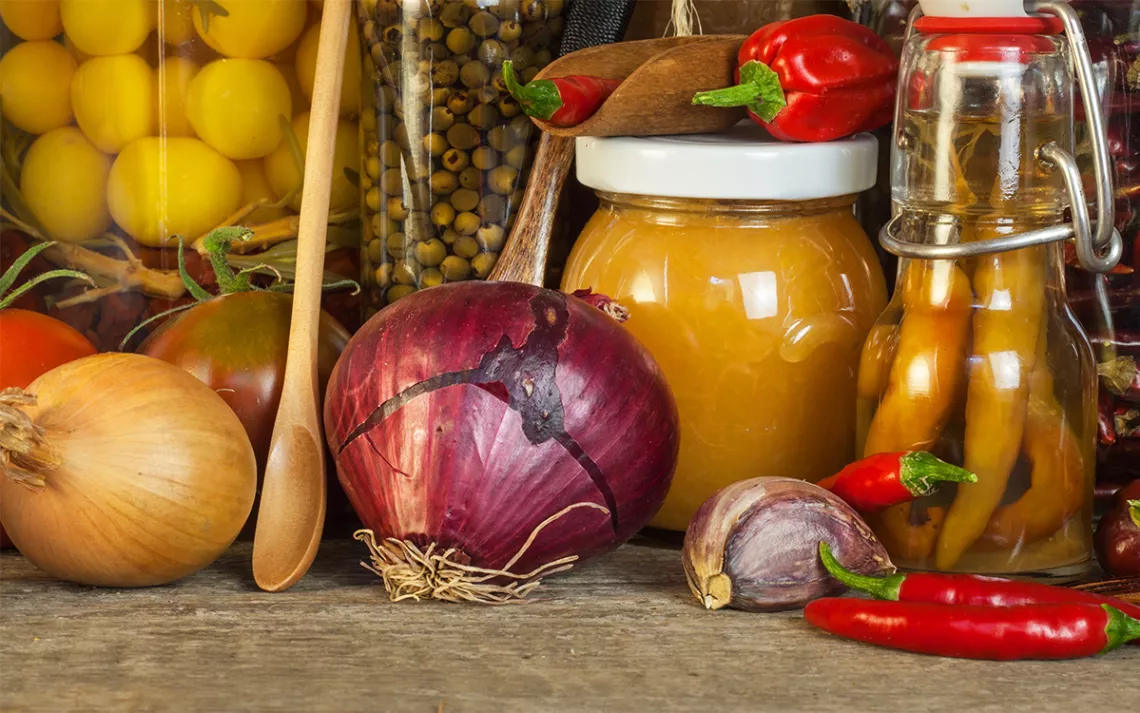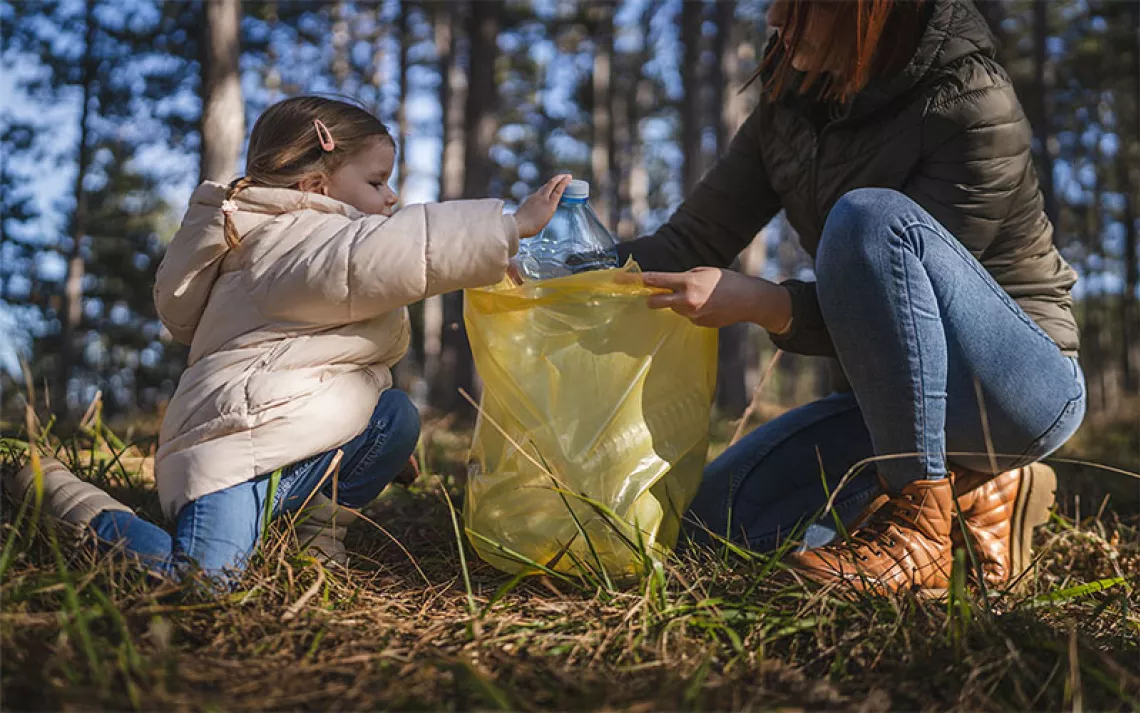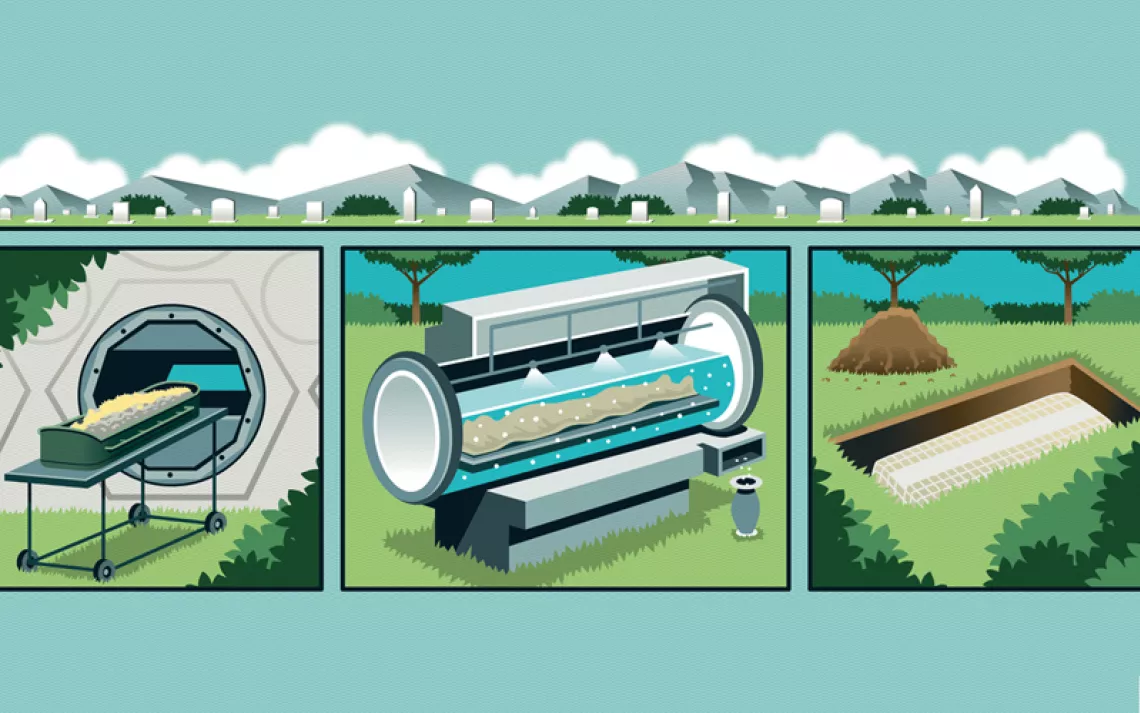What Is the Most Ecofriendly Way to Recycle Pantry Items?
The key is to clean out those old containers and recycle them

Photo by MartinFredy/iStock
Hey Mr. Green,
I'm a professional organizer, and my clients often ask me to purge expired food items from their pantries. What is the most ecofriendly way to dispose of these items? If I leave them unopened, I can't put them in the recycling bin. I could open everything and pour the contents in compost or down the drain, but what about oils and all the water used to flush everything down? If I put them in the regular trash bin, there'll be a lot of recyclable materials going to landfill. Any suggestions?
—Tom in San Francisco
Your best bet is to open the cans or bottles, pour the contents into the compost bin, clean the containers, and put them in the recycling bin. You never want to toss unopened cans of expired food items into the bin. It can muck up the recycling process for one thing, and also, it adds considerably to the hauling weight.
If you encounter oil or grease in those old food items, consider saving it in a big container until you hive up enough to make it worthwhile for your local recycler, who can convert it to biodiesel fuel. Keep in mind that if your recycler is far away, you could end up burning more energy hauling the stuff than it actually contains. Since a gallon of bacon grease or peanut oil has a bit more energy than a gallon of gasoline, you should not have to accumulate too many gallons of grease to justify a special trip, and less if you will be going near the recycler anyway.
You don’t want to dump oil or grease down a drain because this can end up clogging the pipes, and can even cause health or environmental problems if the gunk backs up and escapes from the drainage system into streets or streams. It can also be expensive to deal with. The City of San Francisco said that one year it cost $3.5 million to unclog greasy gunk from sewage and drainage systems.
 The Magazine of The Sierra Club
The Magazine of The Sierra Club



